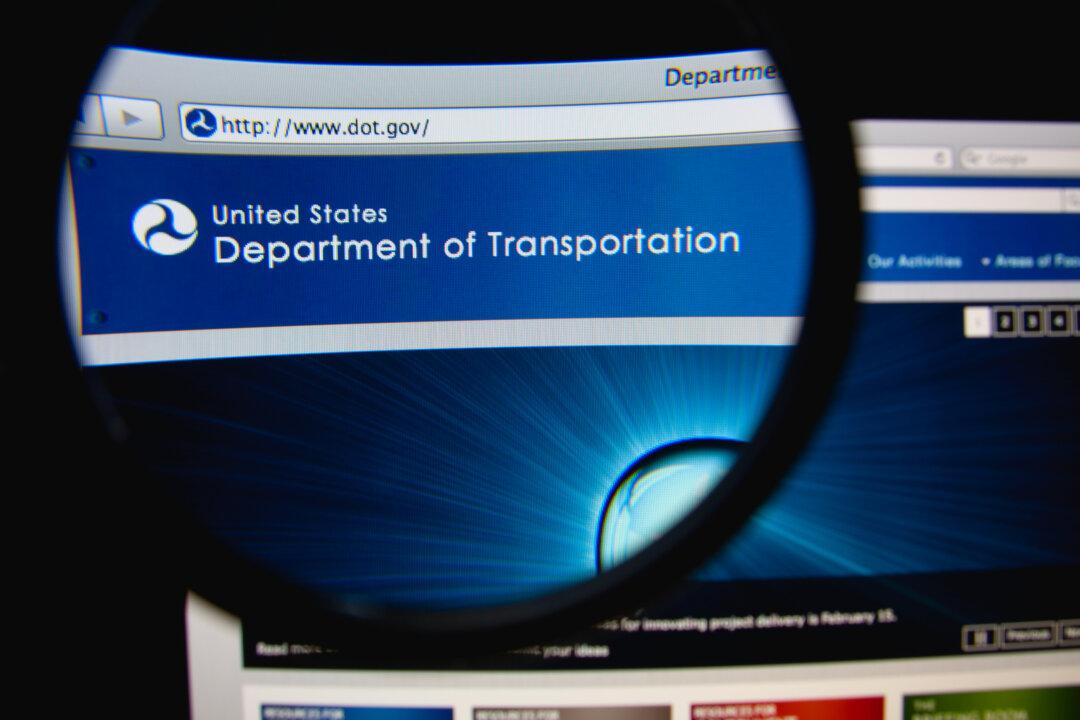For reasons best left inside the Beltway, Congress decided to use the must-pass FAA Reauthorization Bill as a rack on which to hang a lot of divergent extras. Reauthorization is necessary to keep the FAA funded, an objective that even in today’s fractured venue is truly bipartisan. Reauthorization has already been kicked down the road once to keep the FAA going, but it looks like Congress will act on the comprehensive bill fairly soon.
But which version of the bill? The Senate and House versions are quite different, in general and specifically on consumer issues. The Senate version includes some important consumer benefits; the House version adds little and takes away one important benefit consumers currently enjoy. Here’s the picture.





